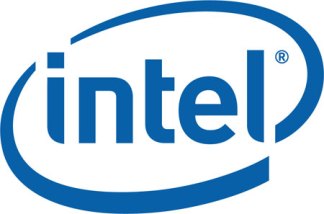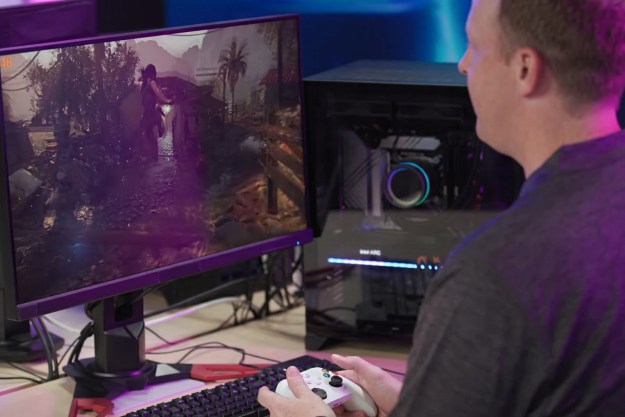
Intel Corp., the world’s biggest computer chip maker, said Monday that Pat Gelsinger, who ran Intel’s main division, and Bruce Sewell, Intel’s top lawyer, are leaving the company.
The departures appeared to catch Intel off guard. Gelsinger was scheduled to give a keynote speech next week at Intel’s developer forum in San Francisco but now is headed to data-storage company EMC Corp. Sewell has been Intel’s public face in its fight against allegations of antitrust abuse.
Intel revealed the resignations as it announced a big management restructuring in which three senior executives will assume more operational responsibilities, and CEO Paul Otellini will spend more time on corporate strategy. But spokesman Chuck Mulloy said the departures were “independent of the organizational changes.”
“We would have preferred that they both stay but understand their motivation for leaving,” Mulloy said.
Gelsinger’s next move is clear; Sewell’s isn’t.
Gelsinger, who led Intel’s Digital Enterprise Group, which includes desktop and server microprocessors and makes up more than half the company’s revenue, will now be EMC’s president and chief operating officer for “information infrastructure” products. Gelsinger first joined Intel in 1979 and eventually led the Santa Clara, Calif.-based company’s research labs. He was Intel’s first chief technology officer. Long considered a possible candidate for Intel’s CEO job, the move to EMC might give Gelsinger, 48, a better shot at snagging the top slot.
Otellini, 58, has been Intel’s CEO for just four years, after succeeding Craig Barrett, who held the job for seven years. Meanwhile, EMC’s CEO, Joe Tucci is 62, and has held that job since 2001.
Gelsinger will have competition should Tucci decide to step down. Hopkinton, Mass.-based EMC also said Monday that it was promoting Howard Elias, 52, to president and chief operating officer of the an information-services unit.
Intel wouldn’t say what Sewell is doing next.
Sewell has been leading Intel’s fight against antitrust allegations, including appealing a $1.45 billion antitrust fine by the European Union. The EU accuses Intel of illegally boxing rival Advanced Micro Devices Inc. out of accounts by selling some chips below cost and paying retailers and computer makers not to use AMD chips. Intel denies the allegations.
Suzan Miller, currently Intel’s deputy general counsel, is to serve as interim general counsel.
Editors' Recommendations
- Some Intel CPUs lost 9% of their performance almost overnight
- The best budget CPUs you can buy in 2024
- 9 best processors for PC gaming: tested and reviewed
- The best processor for video editing in 2024 across all budgets
- Best tools to stress test your CPU



